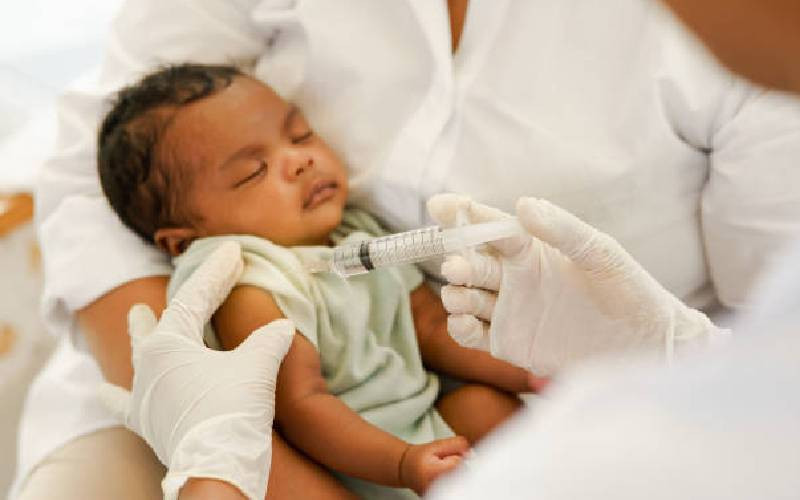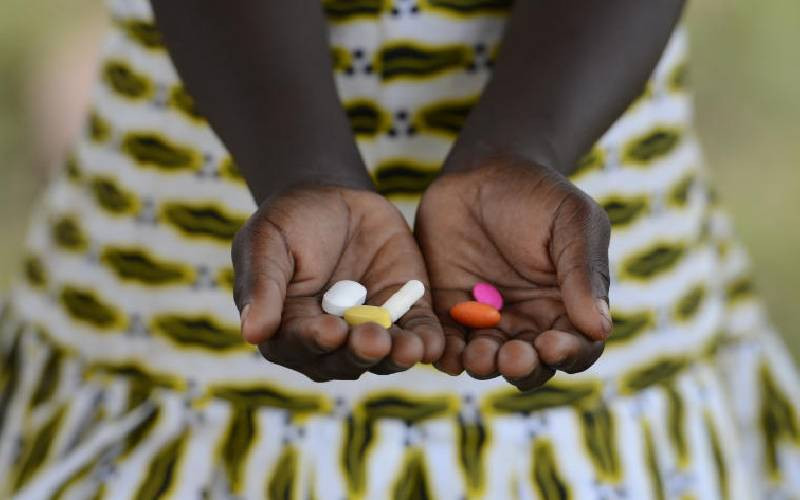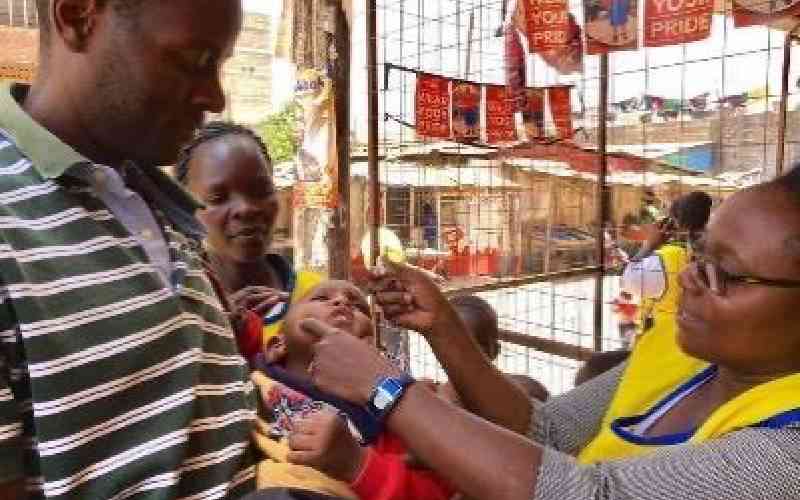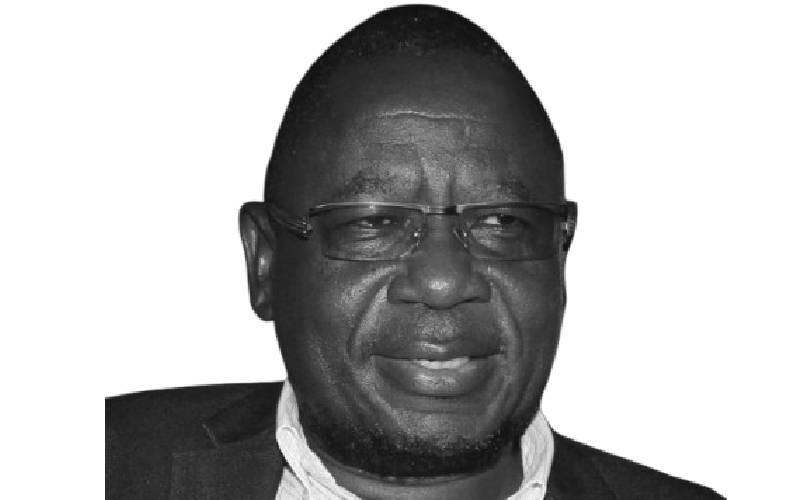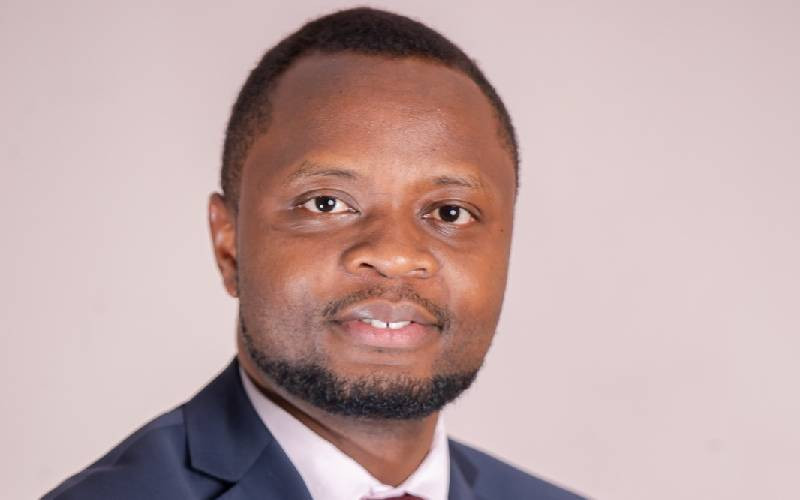
As global leaders prepare for the COP29 summit in Baku, Azerbaijan, it has increasingly become clear that the urgency of the climate crisis is being felt more acutely mainly in climate-vulnerable countries like Kenya. The Allied for Climate Transformation by 2025 (ACT2025) consortium has recently released a compelling Call to Action, that emphasisees the critical need for finance and support to implement ambitious national climate plans and adapt to increasingly severe climate impacts. For Kenya and many other developing countries, the stakes could not be higher.
Kenya is still reeling from the recent disastrous floods across the country. The recent reports by the UN Office for the Coordination of Humanitarian Affairs (OCHA) paint a grim picture of the devastation wrought by the heavy rains and flooding across Kenya. As of May 9, 2024, an estimated 267 people had been killed, 188 injured, 75 still missing, 281,835 displaced, and almost 380,573 affected by persistent heavy rains and flooding. In addition, these extreme weather events have caused significant damage to infrastructure, including the destruction of 41,562 acres of cropland, loss of 9,973 livestock, and damage to 1,967 schools and 62 health facilities. The economic and social costs are staggering. These statistics tell us one thing – that indeed, there is an urgent need for robust and equitable climate action.
ACT2025’s Call to Action outlines four key priorities and, I think, they are particularly relevant for Kenya. First, there is a pressing need to set a new climate finance goal that is ambitious and responsive to the actual needs of climate-vulnerable countries. The recent Kenya floods experiences, clearly highlight the gap between the support provided and what is necessary to confront the climate crisis. The country’s National Disaster Operations Centre (NDOC) and Kenya Red Cross Society have reported extensive damage to homes, businesses, and public services, which will require colossal financial investment for recovery and resilience-building. The current global commitment of $100 billion annually for climate finance, as noted by ACT2025, falls woefully short of the estimated $5.8–5.9 trillion needed for developing countries’ national climate plans by 2030. This then ought to be the focus of conversations at COP29. Indeed, during COP29 it would be imperative that developed countries fulfill their historical responsibilities and legal obligations by agreeing to an ambitious New Collective Quantified Goal on Climate Finance (NCQG) that aligns with the scale of action required.
The Second priority notes that, it is crucial to advance just and equitable ambition in line with the Paris Agreement, with G7 and G20 countries leading on new and enhanced national climate plans (NDCs). However, the slow pace of international politics stands in stark contrast to the urgency of the climate situation in Kenya and many developing countries adversely affected by climate crises. As we may be aware, the global average temperature rise of 1.45 degrees Celsius above pre-industrial levels, as reported by the World Meteorological Organization (WMO), has already resulted in more frequent and intense weather events in various parts of the globe. Take Kenya, for example. The country’s ongoing struggle with torrential rains and intermittent flooding is attributable to the rising global temperatures. These types of climate crises hit developing countries the hardest and that is why we need equitable climate action. Developed nations must not only stick to their promises but also drastically increase their efforts to cut emissions and support vulnerable countries. This could be done in a number of ways including providing the money, technology, and training needed to help nations like Kenya create a future that’s both low-carbon and resilient to climate change.
The third priority in ACT2025’s Call to Action is to drive people-centered and livelihood-sustaining adaptation. If you look at the stark reality of Kenya’s struggles, you will note that it highlights just how insufficient current support is, in addressing the ever-worsening climate impacts in most of the developing countries. The destruction of cropland, loss of livestock, and damage to crucial infrastructure such as schools and health facilities are clear signs of this inadequacy. These impacts directly threaten the livelihoods and well-being of thousands of families in Kenya. It is crucial, therefore, that adaptation efforts focus on these communities, and ensure they have the resources to handle and bounce back from the effects of climate change. This shall require not only scaling up adaptation finance and support from the international community but also implementing comprehensive, locally-tailored adaptation plans to ensure no one is left behind in addressing the growing implementation gap. Adaptation efforts must prioritize the needs of these communities, ensuring that they are equipped to cope with and recover from climate impacts. This shall require not only scaling up adaptation finance and support from the international community but also implementing comprehensive, locally-tailored adaptation plans to ensure no one is left behind in addressing the growing implementation gap.
Lastly, addressing loss and damage with sufficient action and support is critical. While the Loss and Damage Fund, launched at COP28, is a positive development, Kenya’s experience with recurrent flooding and other climate-related disasters, makes it even more clear, the urgent need for more comprehensive mechanisms to address the escalating costs of climate change. The estimated $580 billion needed annually by 2030 for loss and damage, as projected by ACT2025, actually demonstrates the magnitude of the challenge we are dealing with. COP29 must secure significant increases in funding for the Loss and Damage Fund, with wealthy nations providing new and additional financial commitments that go beyond existing climate and development aid. Moreover, the fund’s operational frameworks must prioritize swift and transparent access to resources for affected communities, ensuring timely and effective responses to climate impacts.
The upcoming COP29 summit in Baku represents a critical juncture for global climate action, with the decisions made there holding profound implications for climate-vulnerable countries like Kenya. As extreme weather events become more frequent and intense, the urgency for ambitious, equitable, and effective climate action, as outlined in the ACT2025 Call to Action, is undeniable. I believe the escalating human and economic costs of inaction, exemplified by Kenya’s recent floods, help us to see the need for bold commitments at COP29 to ensure a sustainable and resilient future for all. I emphasize the time for climate justice is now.
Stephen Kimotho is an Assistant Professor of public health communication at USIU-A and a consultant in Risk, Emergency Communication
 The Standard Group Plc is a multi-media organization with investments in media platforms spanning newspaper print
operations, television, radio broadcasting, digital and online services. The Standard Group is recognized as a
leading multi-media house in Kenya with a key influence in matters of national and international interest.
The Standard Group Plc is a multi-media organization with investments in media platforms spanning newspaper print
operations, television, radio broadcasting, digital and online services. The Standard Group is recognized as a
leading multi-media house in Kenya with a key influence in matters of national and international interest.

